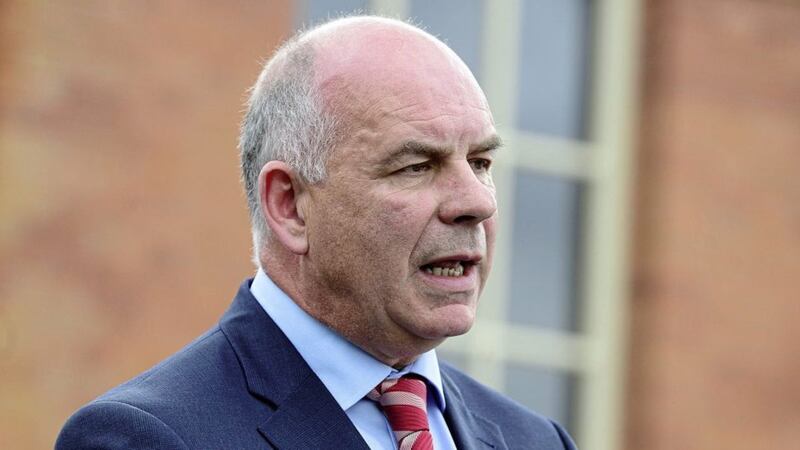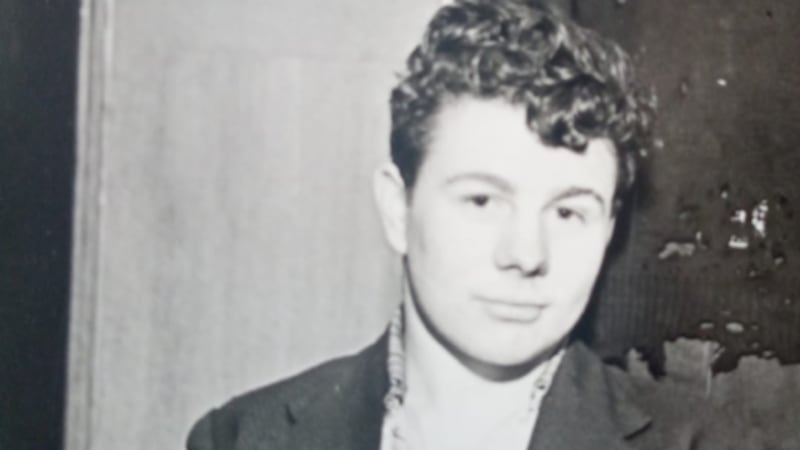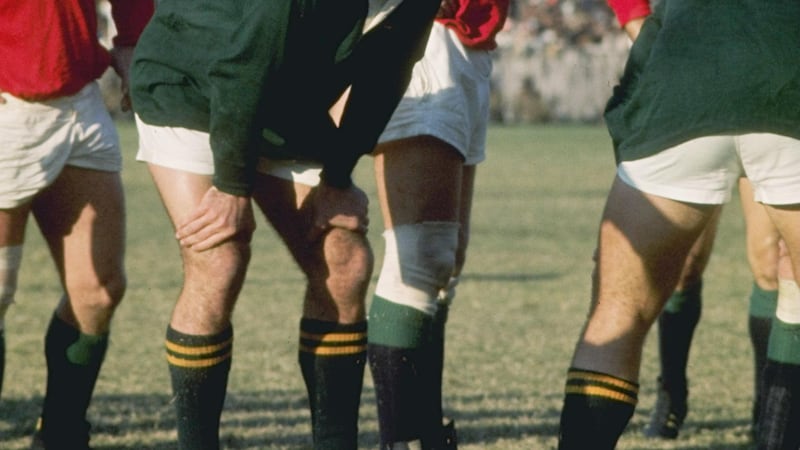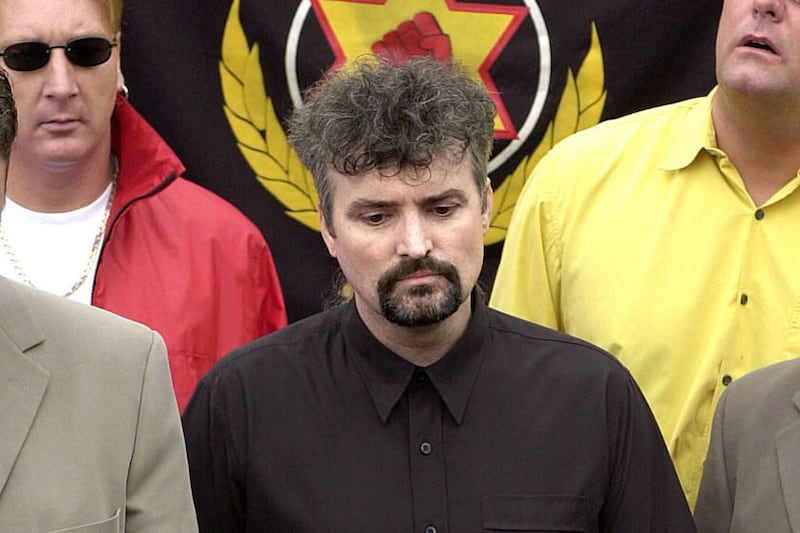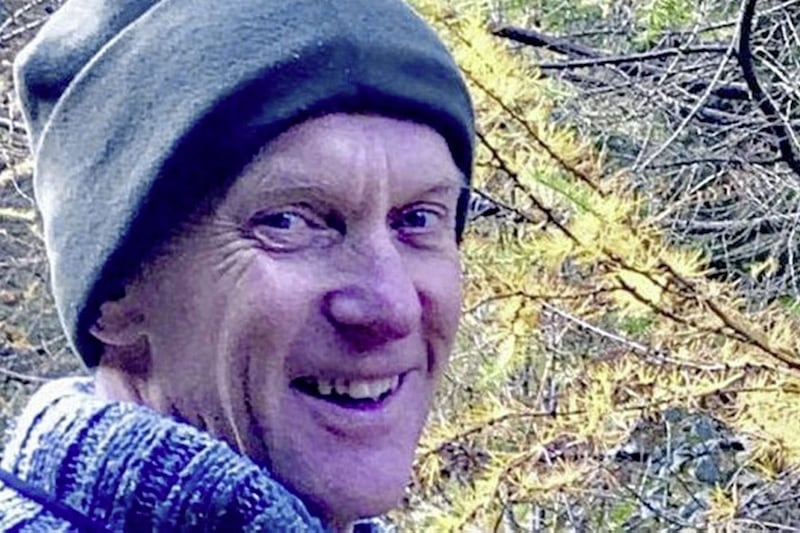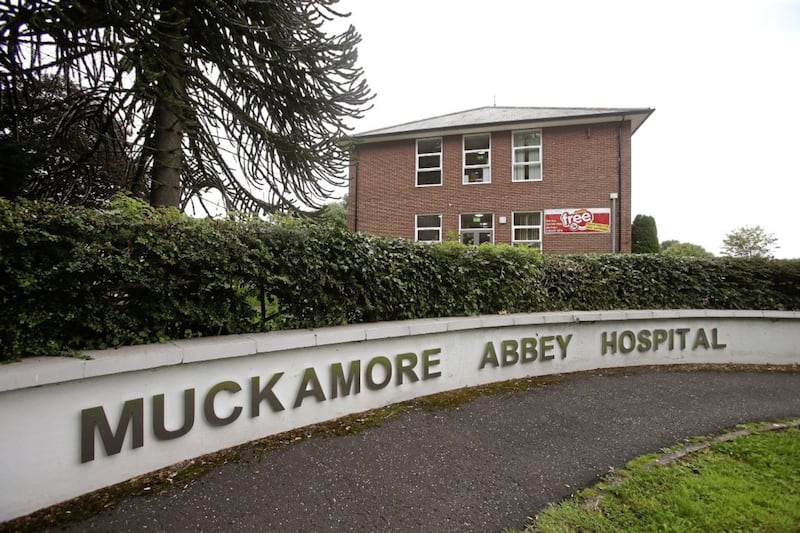THE head of the Belfast trust has announced his retirement and singled out allegations of abuse at Muckamore Abbey Hospital and the major recall of neurology patients as the biggest issues he faced during his tenure.
Martin Dillon is retiring after almost three years as the trust's chief executive, but during a time when the organisation has found itself at the centre of the biggest PSNI safeguarding investigation of its kind following allegations of patient abuse at Muckamore.
The trust is also dealing with the largest patient recall in Northern Ireland following the Dr Michael Watt scandal.
The announcement of his retirement comes just days after it emerged that patients caught up in the massive neurology recall had received letters of apology from Mr Dillon - more than a year after the scandal broke.
It is the first time the trust chief executive has corresponded with those affected, many of whom were misdiagnosed or received the wrong drug treatment while under the care of consultant neurologist Dr Watt.
In his statement yesterday announcing his retirement, Mr Dillon singled out the "very serious allegations" of mistreatment at Muckamore and the neurology recall as two "major issues" he has dealt with as chief executive.
"No health care system operates without risk and major challenges and Belfast tust is not immune to that," he said.
"Most recently, the trust has faced some major issues - most notably the very serious allegations of mistreatment of patients by some staff at Muckamore Abbey Hospital and the major recall of neurology patients.
"As accountable officer, I have been resolute about putting things right and over the past two years I and my team have worked tirelessly to ensure that care today at Muckamore is safe and compassionate.
"Close to 4,000 neurology patients have been successfully reviewed and provided with certainty around their diagnosis and treatment."
Mr Dillon, who is to step down at the end of December, added: "Overwhelmingly our fantastic staff get it right first time, every time and I have had the honour to work with some of the most talented and committed people currently working in the health sector and I wish every one of them well for the future".
